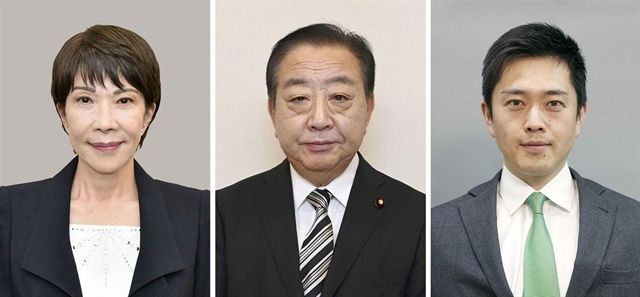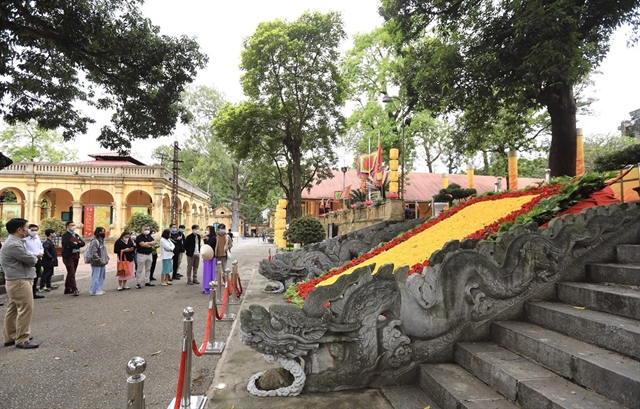 World
World


|
| The initiative, in which QR code systems would be made compatible across countries, is set to begin by April 2025. PHOTO: THE NATION |
BANGKOK – The Japanese government has started talks with Southeast Asian countries to enable the joint use of QR code payment services, allowing international travellers to make purchases abroad with the payment methods they use at home, Nikkei Asia reported.
Japan’s Ministry of Economy, Trade, and Industry has been in talks with Southeast Asian governments and central banks over the matter. The initiative, in which QR code systems would be made compatible across countries, is set to begin by April 2025, the report said, quoting a source from the ministry.
The Payments Japan Association, which aims to accelerate nationwide adoption of digital payments, plans to create a new system this year aiming to integrate JPQR – Japan’s standardised QR code payment system – with international providers to enable international cashless transactions.
When the system is in place, Southeast Asian visitors to Japan could pay for goods and services by scanning QR codes with their smartphones.
Certain Southeast Asian nations, including Thailand and Indonesia, have standardised the QR code payment systems managed by their central banks and adhered to by-payment service providers.
In 2022, five major ASEAN countries – Singapore, Indonesia, Thailand, Malaysia, and the Philippines – signed a memorandum of understanding to consolidate their QR payment systems, with some countries already using the service.
The report said that Japan’s pursuit of QR code payment system interoperability seeks to fortify regional economic security and data usage. The main goal is to amplify Japan’s economic influence in Southeast Asia while counterbalancing China’s intent to broaden its digital payment platforms to cover Asia and Africa. THE NATION/ANN




